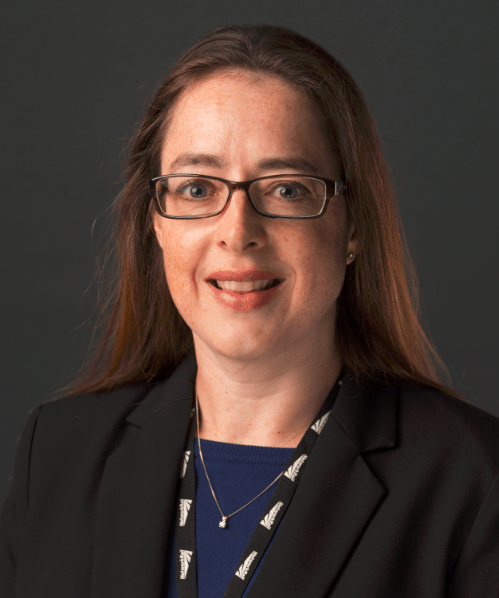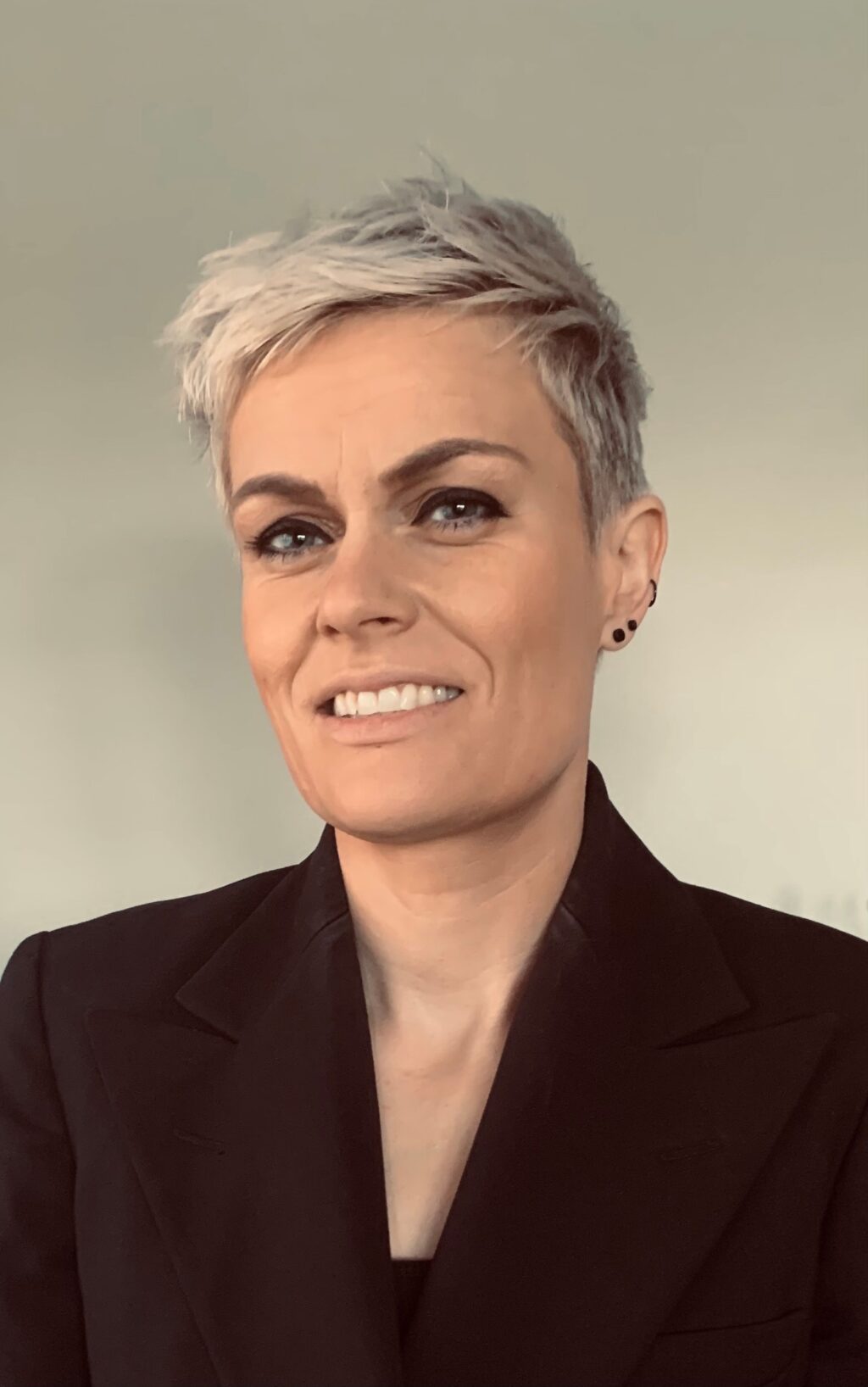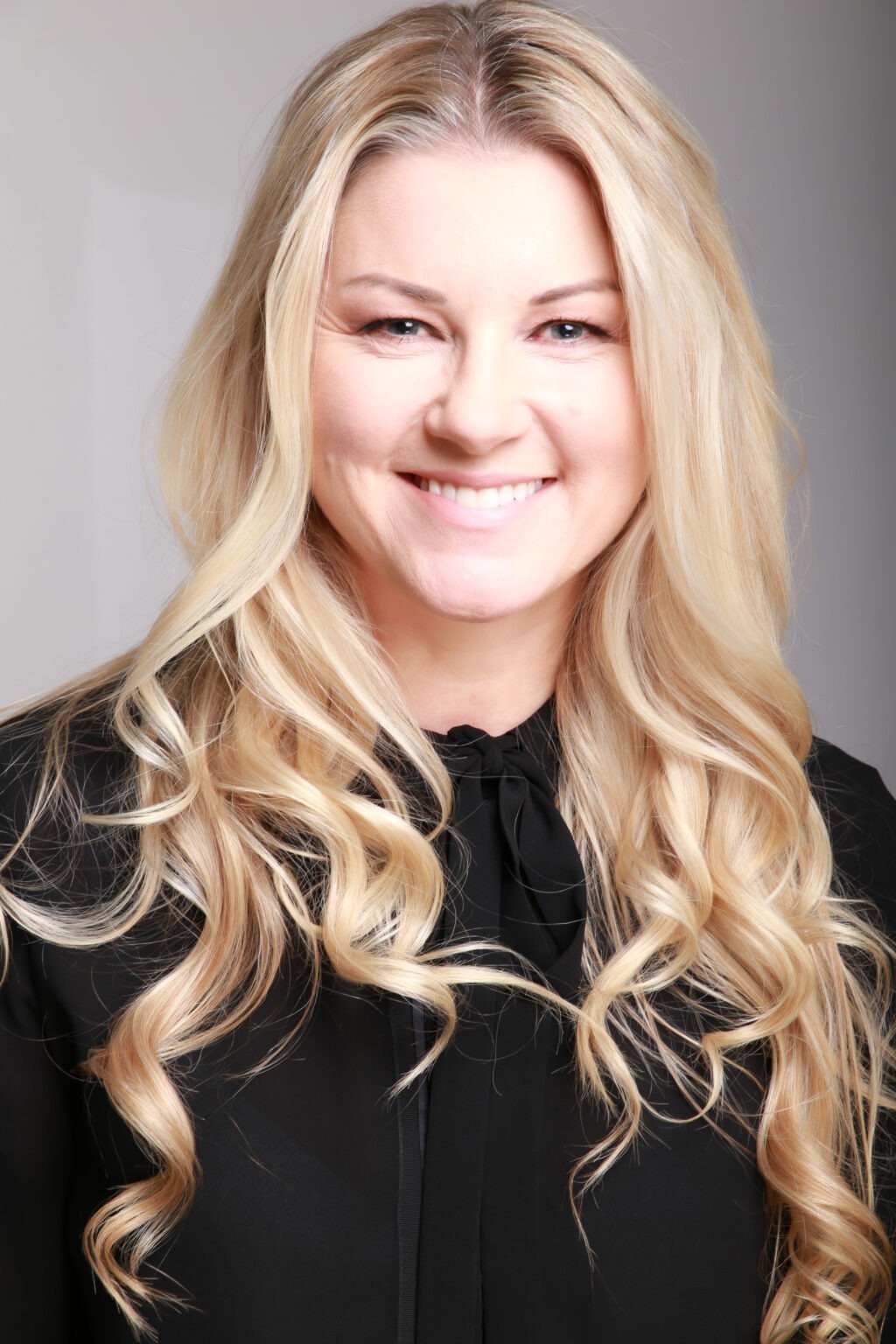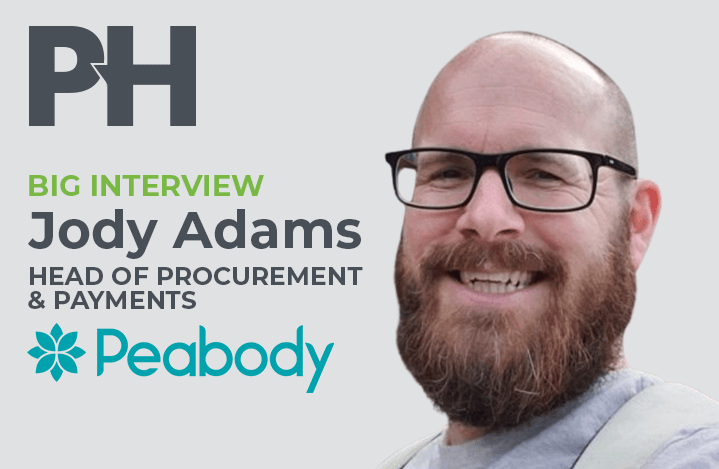The Route Services commercial and procurement senior leadership team is 38% female, and three of those senior leaders spoke to Hayley Packham from Procurement Heads.
Sarah-Jayne: I’m the Sourcing Director at Network Rail and I sit between Hannah and Emma, and help the commercial and procurement team function and get best value.
Hannah: I’m the Procurement Operations Director in commercial procurement at Network Rail, in simple terms my team look after anything that falls through the gaps of category management, sourcing and supplier management – so, process procedure, assurance, IR35, there’s a whole host of different things which means every day brings a new challenge.
Emma: I’m the Category Management Director at Network Rail and have a team that works across the business to develop commercial strategies, in advance of then going into any sourcing and supplier management activities, though, of course, we have to work closely with all our colleagues to make those strategies fit for purpose. My background is in railway, not procurement, but I’ve been on this side of the business for a couple of years and I love it.
Hayley: How have you found procurement?
Emma: I feel like procurement gets a bad rep and is completely different when you are in it to how people see it from the outside. It is dedicated, professional people who are absolutely busting a gut to get things done for their customers, often for very little thanks and appreciation! It’s a very professional community, but a slightly misunderstood community – and some of that we can change ourselves and become a bit more customer-centric and less compliance and process-orientated.
Sarah-Jayne: As Emma said, we don’t get a huge amount of reward for what we do, we just keep going. I think we’ve got to the point now where we don’t expect it, which is maybe the wrong thing. Maybe we can bring some diversity in the future by saying we do need recognition in the future.
Hannah: I started out as an Assistant Buyer, I can remember in my first interview being asked, “What do you know about procurement?” – and I think I said, “I think you buy things”. I love procurement, it’s really enjoyable, something different happens every day. It’s very fast-paced which helps keep me engaged. Procurement can be seen as a lot of red tape, we don’t want that to be the case, we want to show the value we add, which is a constant challenge. I think in terms of making it an interesting career proposition for people, there is a lot of work being done, for instance by CIPS where they’re looking to engage with apprenticeships and schools.
Emma: I think from a career perspective it’s great. It’s essentially a career for life with incredibly transferable skills. You can be very technically skilled but also come with different skills. At Network Rail we are recruiting more now for leadership skills, stakeholder skills, behaviour, engagement capability. If I was talking to people at school now, I wouldn’t be asking if they’re good at maths, I would be asking can you communicate with people and translate people’s outcomes with the options we have to deliver – that might be a different question than we asked 10 years ago, and is possibly more appealing and inclusive of a wider group of people.
Hannah: Sometimes you get specifications from stakeholders that are very technically specific, having the ability to question that and ask the simple stuff and have the right behaviours is important.
Sarah-Jayne: One of the things I like is that you’re learning every single day. I think from a female perspective we are very good at asking those curious and open questions and being interested. Sometimes we buy some really fantastic stuff and then we go to the other ends of the spectrum where you are dealing with extremely technical stuff, the diversity is madness in reality! I like that you’re going with a service. We are working as a team to market ourselves much better within Network Rail. It’s always hard to land, you’ve really got to get people tempted to say: “I’ve got to buy something, can you help me?” – when we crack that nut it’ll be fantastic. We’re lucky we can work flexibly, which means we’ve got that thinking time to write strategies or a tender document.
Hannah and I haven’t been in Network Rail for a long time, but the stuff I’m learning today versus the stuff I came in with is off the scale and I think that’s some of the real joy in the work we do.
Hayley: What challenges have you experienced?
Sarah-Jayne: I’m a single working mum, so, especially with lockdown, homeschooling has been a challenge, it helps you realise that other industries, like teaching, are so valuable. Being a single working mum is absolutely achievable, you should never limit your own beliefs. It’s about being honest about what the art of being possible is to you. I’m lucky, my son is really easy going, it might be different if I had three children under the age of five. I have a team of 80 and will always say to them go and sort out being with your child, work will always be there, you can spread your day out. We’ve all got to work, work is important, but don’t limit your beliefs by not thinking you can structure, ask for help, outsource wherever possible and also don’t be so hard on yourself.
My career probably took off after I had my son, which I find surprising and I’m still not sure how that happened. When you’re a parent it gives you this bigger force. I would say to anyone starting out their career, who may be asking can I get to a senior leadership position and have children, absolutely you can.
Hannah: I have massive imposter syndrome, I always overthink things. I’m not a hugely confident person, when I first joined Network Rail I wondered how I was going to do the job. I think that’s quite normal. I think I cope by getting on with tasks as best I can and gaining the trust from people around my skillsets, as well as building those relationships, which makes things start to feel better. It is really important to put yourself out of your comfort zone. Being open and honest about how you feel is important. Emma, Sarah-Jayne and I regularly talk and it’s good to have that support network. We absolutely have the skills and capabilities to drive things forward and improve things. If I had sat in my comfort zone I would still be in the same job I was 10 years ago.
Emma: Sometimes when we talk about women not being confident, I think it’s not that women aren’t confident, I think that they are just facing some invisible barriers. Maybe there’s nothing wrong with women’s confidence, but actually it is the environment that is not bringing the best out in them. I think we have to challenge ourselves – men and women – to say maybe the problem is the environment, not the women, and maybe we don’t want women to be more like the environment they’re in because now we have got people not behaving in the most inclusive way. I read a great book, How Women Rise, and it talks about the habits we might have, and things we might have done in the early stages of our careers that won’t necessarily serve us that well if we want to go on to more senior positions; for women that could be not giving ourselves enough credit, not talking about our achievements, not saying what our goal is. Society does ask women, subliminally, to be a certain way.
Sarah-Jayne: We take the knockbacks much harder. If we get a bad performance review, or a project hasn’t gone as well as we’d hoped, or, we’re having a bad day, we take that a lot harder.
Hannah: I think it’s important we look after our mental wellbeing. If you’ve got the right behaviours that helps. Having time out to make sure you are able to perform in your role is very important.
Emma: Sometimes the drive to be perfect and have all of the detail is incredibly unhelpful as you move into more leadership roles. That’s quite a hard transition, after 10 years of being rewarded for knowing all the detail and being administratively efficient, suddenly those details are a burden. I needed a lot of help to get out of those habits. High performance athletes eat well and they meditate, leaders need to do that as well; if we don’t look after the machine, we’ll burn out. Letting go of that perfectionism, and letting your team get on with – and make mistakes sometimes – is important. Nobody gives you a manual, if you’re lucky you have a good boss or leadership programme that helps with that transition.
Hayley: What role has mentoring played in your careers?
Hannah: We all mentor people within Network Rail and it is really powerful, I’ve been mentored by a significant number of people who have helped me and I’ve reverse mentored, which is always a bit more scary. Mentoring for me really helped with stress levels, I struggled with the transition and handing over, having a mentor to explain how they went from A to B was really helpful. I found it particularly helpful with mentors from a non-procurement world, it’s a great thing to do and is very rewarding.
Sarah-Jayne: I had mentoring to come back to work after maternity, it started before I went and had a couple of sessions while I was off and then when I returned. It was probably the most powerful mentoring I’ve had, the reason being it is such a distraction having a child and it helped me transition back into an organisation and it not be a big deal, it helped me manage the work-life balance, and be more efficient. I would like to see more of that sort of mentoring, and not just for maternity, perhaps also for people who have been on long-term sick leave, people struggling with mental wellbeing, even sometimes when you’ve had a long holiday – a very impromptu mentoring. I think we should get better at mentoring on a day-to-day basis. I think people would start to feel much more in control in where they are going.
Emma: I agree. Mentoring is potentially something that is a contract with somebody, that might not last forever, but where you agree on outcomes. Maybe it’s about taking more ownership of what the mentoring is and what the goals are. Coaching, mentoring and sponsorship are all different things and sometimes they get mixed up. Mentors are there to transfer useful knowledge.
Hannah: Having the right mentor is really important. People have to put the effort in, and know what they want to get out of the session. The people I see progressing out of being mentored are the ones who have put the effort in and don’t just rock up to a session and hope they learn something new.
Hayley: What advice would you give your younger self?
Emma: Continue to be myself and don’t go round trying to second guess what other people want and fit in with it. Hold my nerve and it’ll be ok.
Hannah: I echo what Emma says, but I’d add, sometimes, when you’re employed, it’s not for how much you do but for what you do – sometimes I’ve confused the two.
Sarah-Jayne: I’d probably say get involved in as much as possible. If there’s a project and you want it, try and grasp that opportunity. I think there were a couple of projects where I went, “I don’t think I can do that” – and didn’t put myself forward – and the ones I have put myself forward I have really enjoyed and got a lot out of, I wish I had done a lot more of that when I was younger. Say yes to every opportunity.

Emma Osborn has worked in the railway industry, mainly at Network Rail, for 22 years. During that time she has enjoyed a number of senior roles in a variety of locations.
Her key leadership roles have included managing the commercial relationships with train and freight operating companies, planning and delivering safe and successful track access and logistics for major engineering works, heading up the fourth biggest road fleet in the UK, and more recently, managing a major transformation programme and now taking director role in our £7bn turnover commercial and procurement department.
A leadership generalist, her biggest successes have been leading turnaround situations where she has needed to build/rebuild a team, improve processes and behaviours, convert poor service into good service and transform reputation.
Emma’s current role is Category Management Director for Network Rail, which involves building a high performing team to roll out a new, structured approach to developing commercial category strategies which strategically align business needs with supply market capability across multi-million pound spend areas.
Hannah Jarvis is the Procurement Operations Director at Network Rail, and is responsible for creating, setting and leading the overall direction for the procurement policy, technology enablement, spend analytics, procurement regulatory standards, risk, assurance, governance and compliance matters. Hannah has worked in the commercial and procurement field for over 15 years, and previous roles have included Head of Procurement at High Speed Two and Senior Category Manager at National Grid. She has a track record of success within large organisations for both the Public and Private sector and has worked in category management, sourcing and supplier management roles.


Sarah Jayne Aldridge is currently the Sourcing Director at Network Rail, leading a team of procurement professionals in a complex public procurement environment. She has more than 25 years’ experience in procurement starting as a Buyer and working up to Director-level through diversifying industries and skills in media, mining and banking. She is an advocate of driving value through good customer service, understanding the business and its changing environment.






